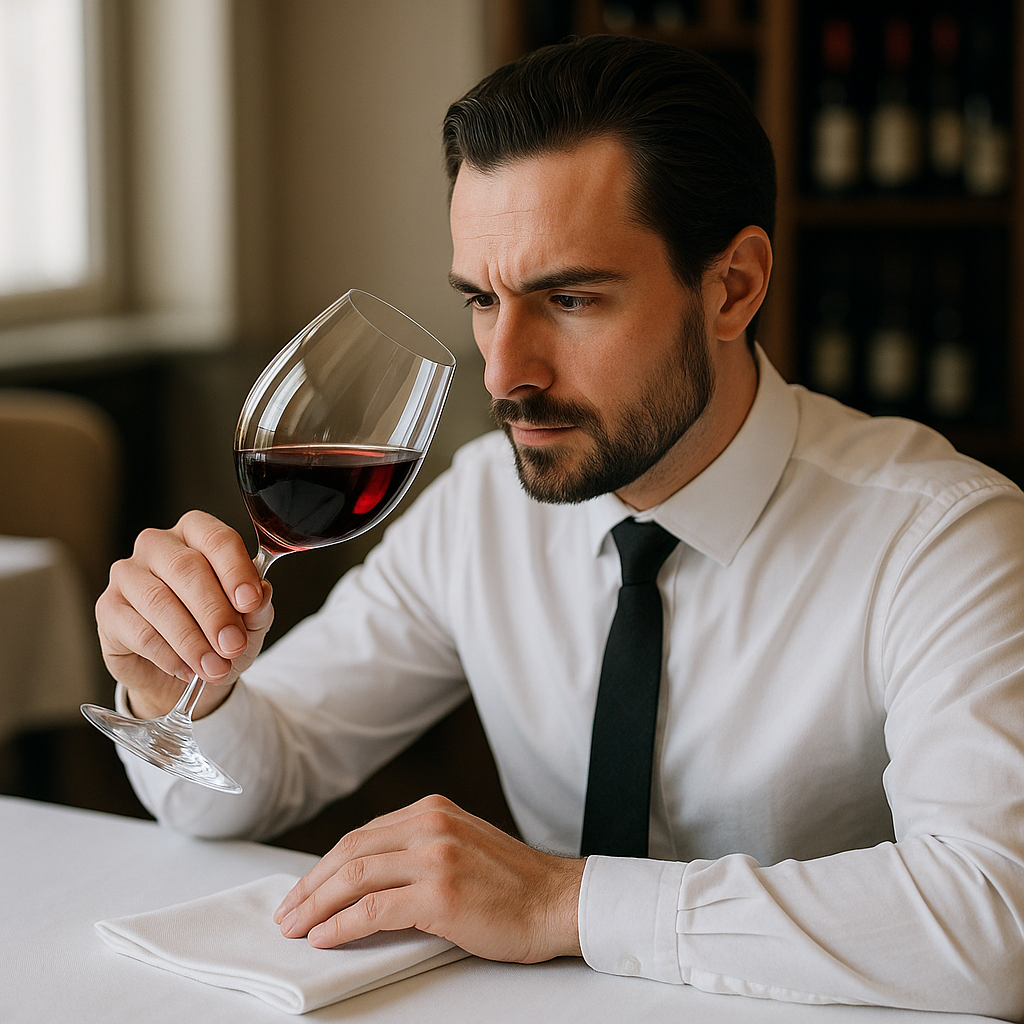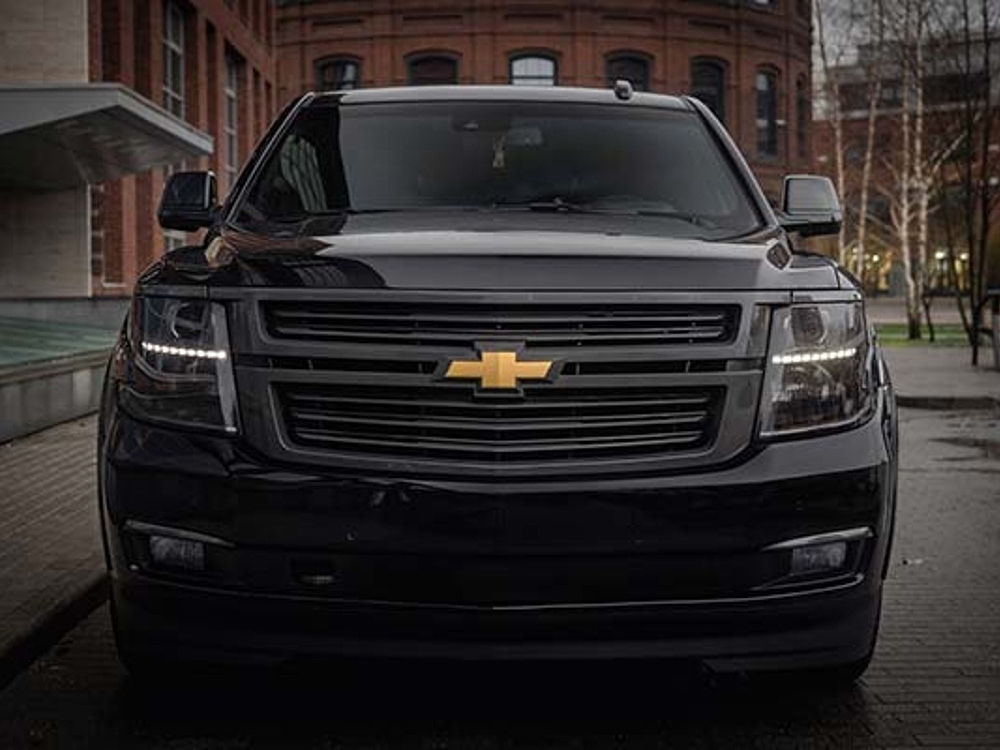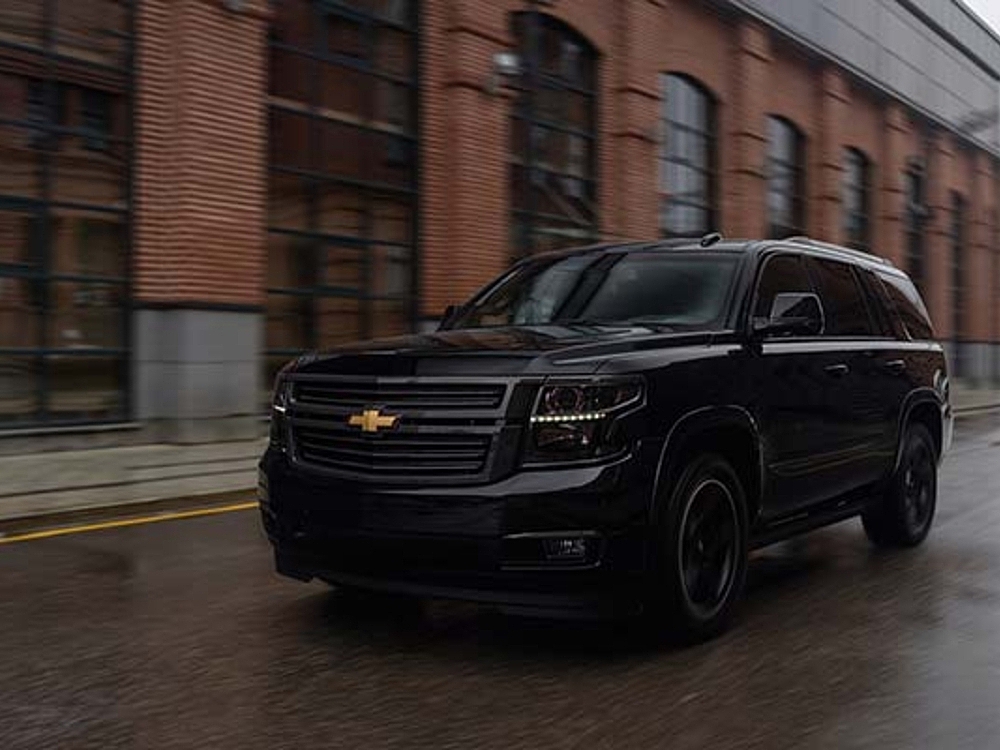How to Taste Wine Like a Sommelier

Wine isn’t complicated. You don’t need a script or a checklist. Grab a glass, slow down, and pay attention. The real skill is noticing what’s in front of you: color, smell, taste, and how it all fits together. Anyone can do this. It’s about practice and trusting your own senses, not the price or the name on the bottle.

Start with Your Eyes
Before the first sip, the glass already gives away clues. Hold it at a 45-degree angle against a white napkin or tablecloth. Look for color, clarity, and intensity. A pale straw color hints at a young white. Deep ruby signals a bold red. Cloudiness or sediment? That’s not always a flaw, but it tells you something about age or style. Legs or tears sliding down the glass after a swirl show alcohol and sugar levels. Don’t rush this step. The wine’s appearance sets the stage for everything that follows.
Swirl and Release the Aromas
Swirling isn’t just for show. It wakes up the wine. Aromas trapped in the liquid rise up, ready for you to catch them. A gentle swirl is enough, no need to splash. Watch how the wine moves. Thick, slow legs mean more alcohol or sugar. Fast, thin legs? Lighter style. This moment is about anticipation. The wine is opening up, and so are your senses.
Smell with Intention
Your nose knows what to do. Quick, short sniffs work best - three is perfect. Don't jam your nose in the glass. First impressions tell the truth. Fruit shows up first - maybe berries, maybe citrus. Then come earth notes: stone, leather, forest. Finally, you'll catch spices, wood, and flowers. Each smell adds to the story. Practice makes these layers clear. During Texas Hill Country wine tours, this simple step shows who really gets wine.
Taste with Focus
Take that first sip small. Roll it around. Feel how it moves - smooth, sharp, or rough. The taste matches what you smelled, plus some surprises. That lemon scent might turn peachy on your tongue. Your mouth tells you more - dry from tannins, watery from acid, warm from alcohol. Each part matters. This is when wine shows its true self. On Texas Hill Country wine experiences, paying attention turns sips into stories.
Judge the Finish
After you swallow, wait. Good wine stays with you. Great wine keeps talking - fruit, spice, earth hanging around. Quick finishes fade fast. Balance is key. Too much burn means too much alcohol. Too much bite means too much acid. When everything fits, the wine sticks in your memory long after the glass is empty.
Recognize the Key Tasting Notes
- Fruits: Berries, cherries, apples, citrus, peaches, pineapple
- Earth: Stone, clay, leather, mushroom, forest floor
- Spices: Black pepper, vanilla, cinnamon, clove, nutmeg
- Oak: Toast, smoke, cedar, coconut, baking spice
- Floral: Rose, violet, jasmine, lavender
Good wines tell stories in stages. Reds might open with fruit, shift to tobacco, then finish with oak notes. Whites play between citrus, flowers, and minerals. Each glass teaches you something new. That's what makes each wine tour experience count.
Smart Moves for Winery First-Timers
Keep it simple your first time out. Start with light wines - sparkling or white - then move to reds. Big reds come last. This keeps your taste buds sharp. Skip the pressure to drink everything. Spit if you want to - it's normal here. Ask what's on your mind, but trust what you taste. On Fredericksburg wine tours, smart pacing means better memories. Write things down if you like, but don't stress. The best tastings happen when you're curious and relaxed.
Winery Etiquette That Matters
Your scent can change how wine tastes. Leave the perfume at home for your wine country trip. Keep your hands on the stem, not the glass. Heat from your palm changes the wine's temperature and blocks the smell. Take your time with each pour. Listen to the experts, but stick to what you taste. Show respect to the staff and other guests. Simple manners make busy tasting rooms work better.
What Sets a Sommelier Apart
Sommeliers are students, not superheroes. They taste often, compare notes, and stay open to learning. They spot connections between wines and understand what makes each bottle special - from soil to grape to winemaker's craft. You don't need fancy titles to taste well. You need focus, openness, and regular practice. Each tasting adds to your knowledge. Soon you'll spot details you missed before. Want to focus fully on the wine? Let us handle the driving. You'll catch every detail from first sip to last drop.
Book Your Wine Country Experience
Steve's Luxury Car Service ensures your wine tasting trip is safe and sophisticated. Call 210-414-8276 or contact us to arrange your personalized wine tour transportation.
‹ Back









